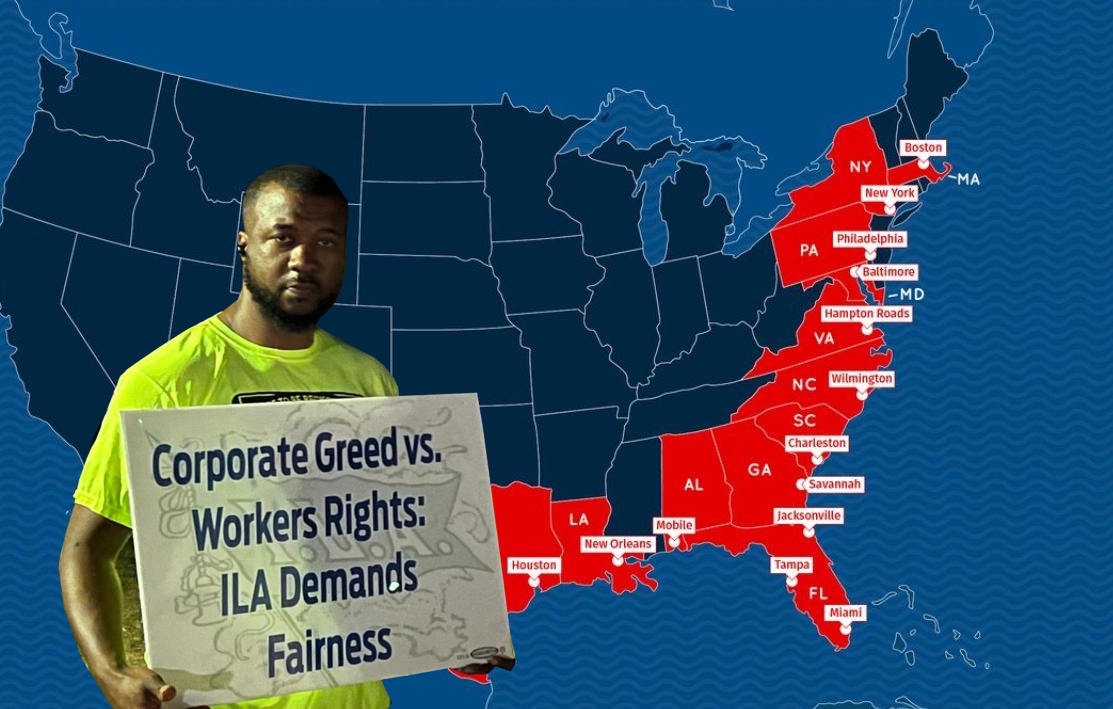The Biden administration faces growing pressure as major strikes disrupt critical sectors of the U.S. economy. From the picket lines at Boeing factories to dockworkers walking out at ports across the East and Gulf Coasts, unions are flexing their muscles like never before. These strikes could have serious economic consequences, threatening to fuel inflation and slow down supply chains. Meanwhile, the administration, bound by its pro-labor stance, finds itself with limited options.
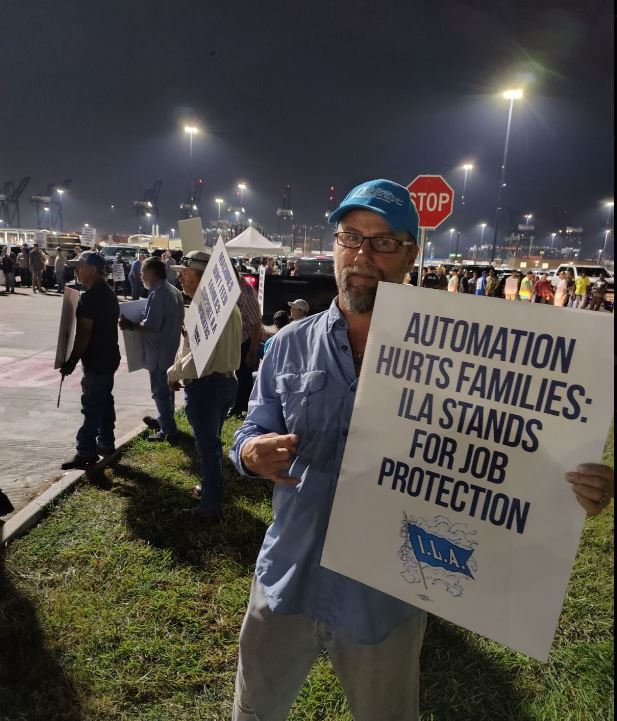
Dockworkers’ Strike: A Critical Moment for Supply Chains
On Tuesday, dockworkers at ports from Maine to Texas began walking picket lines in what could become one of the most consequential labor disputes in recent memory. Roughly 45,000 members of the International Longshoremen’s Association (ILA) are on strike, their first since 1977, demanding better wages and guarantees that automation won’t replace their jobs.
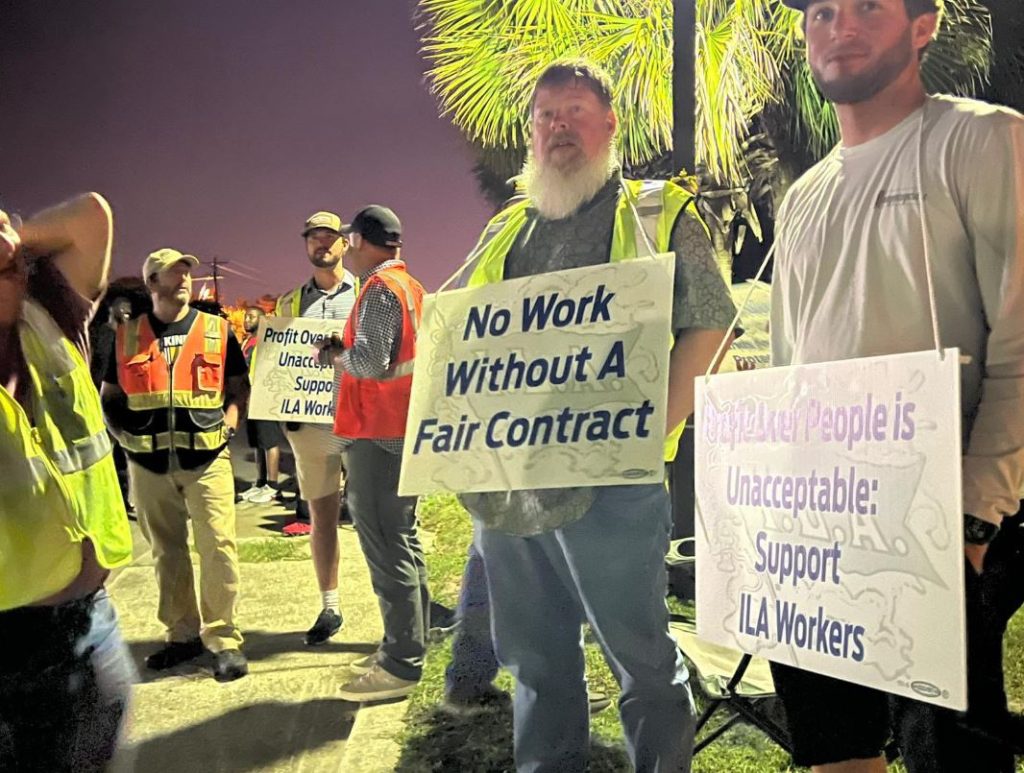
The strike, which affects 36 ports, comes after the contract between the ILA and port operators expired at midnight. Though negotiations made some progress on Monday, the talks ultimately failed to reach a resolution. By the early hours of Tuesday, picket lines had formed outside major ports, including the Port of Philadelphia, where workers marched while chanting, “No work without a fair contract.”

The union’s stance on automation is central to the dispute. Local ILA President Boise Butler emphasized the importance of job security, stating, “We want a fair contract that doesn’t allow automation of our jobs.” A truck stationed near the picket lines carried signs reading, “Automation Hurts Families: ILA Stands For Job Protection,” underscoring the union’s determination to prevent technology from replacing longshoremen.
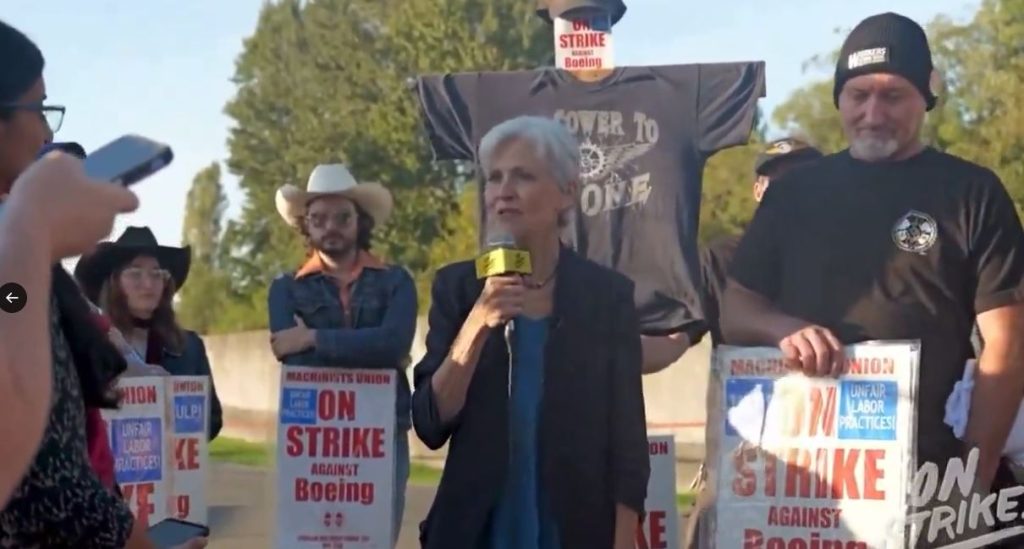
The Boeing Strike: Workers Lose Health Benefits Amid Stalemate
In Washington state, Boeing workers are also on strike, and the situation is growing increasingly tense. Tuesday marks the 19th day of the strike by Boeing machinists in the Puget Sound region. Despite ongoing efforts to negotiate, talks between the company and union leaders broke off on Friday after failing to reach a compromise on key issues, including wages and benefits.
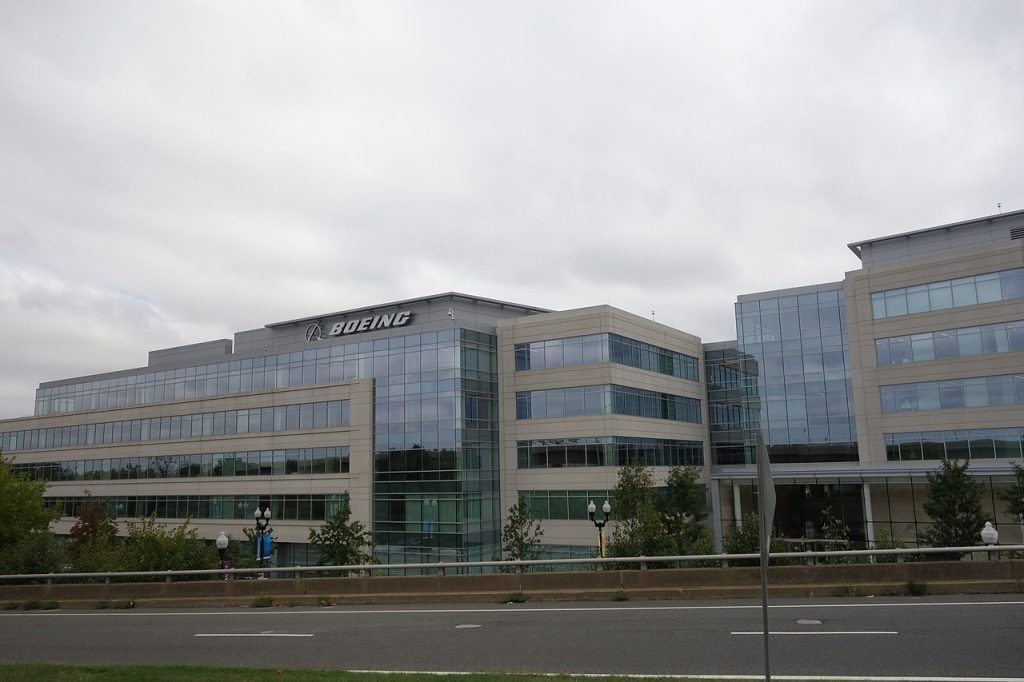
As of Monday, Boeing cut off company-paid health care benefits for striking workers who did not return to work. According to Boeing’s website, workers who return to work after October 1 will have their health and insurance coverages reinstated, but only prospectively from the date they return. The health care cut-off adds another layer of urgency to the strike, further intensifying tensions between the machinists and Boeing as they remain locked in a stalemate over the new contract.

Economic Impact: The Domino Effect of Strikes
The timing of these strikes, particularly with the dockworkers and Boeing machinists walking out, could not be worse for the economy. The dockworkers’ strike is already sparking fears of supply chain disruptions that could cause shortages of goods and contribute to inflation. U.S. industries that rely on imports and exports are bracing for delays, while consumers may soon feel the impact in the form of higher prices and fewer products on store shelves.

The economic fallout from both strikes is already being felt, and if either dispute drags on, the pressure on the Biden administration to intervene will only intensify.
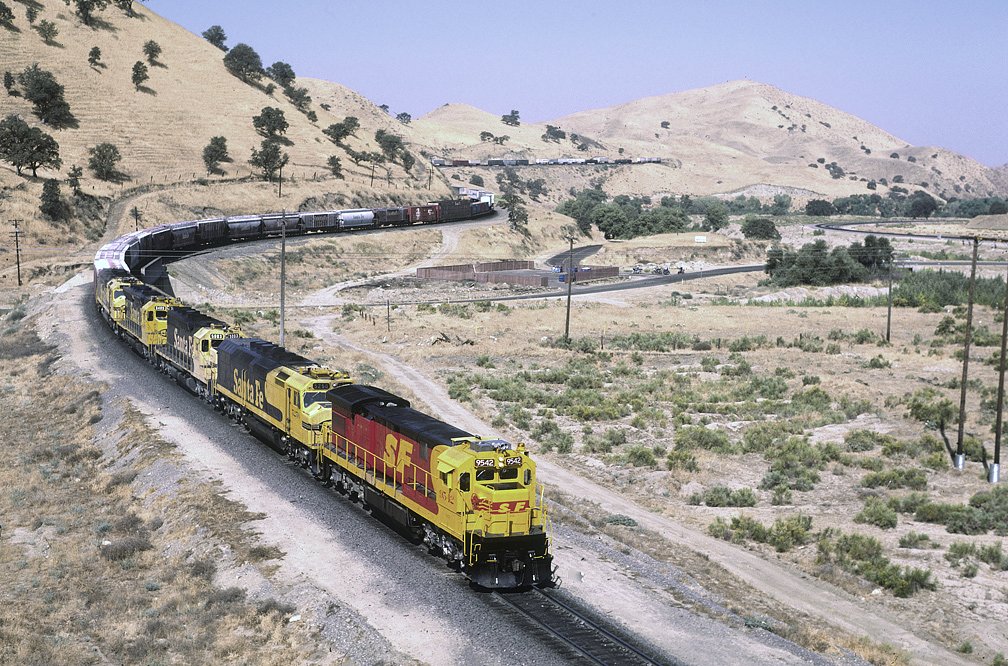
Biden’s Labor Dilemma
President Biden has consistently presented himself as a pro-union president, with labor rights forming a core part of his political identity. However, as strikes multiply, the administration faces a dilemma. Intervening in strikes—particularly in sectors as crucial as ports and aerospace—could alienate the unions that form a key part of Biden’s political base. On the other hand, allowing prolonged strikes could harm the economy, which remains a top concern for voters ahead of the 2024 elections. Biden has so far refrained from direct intervention in major labor disputes, preferring to encourage both sides to negotiate. His administration has made some efforts to mediate disputes, as it did in 2022 when it helped avert a rail strike through federal mediation. However, the current scale of labor unrest presents a much broader challenge.

The Road Ahead: A Precarious Balance
As the strikes at Boeing and the ports intensify, the broader implications for labor relations in the U.S. are coming into sharper focus. The pushback against automation, the demand for better wages, and the growing influence of unions signal a labor movement that is not afraid to push the boundaries in negotiations.

